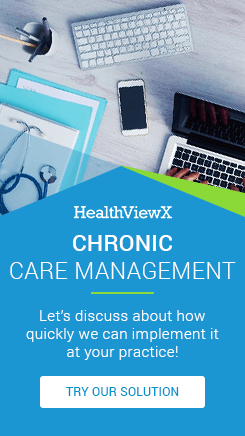Community health centers or federally qualified health centers provide critical primary care services to tens of millions of people every year. Their role in healthcare makes them necessary access points for patients coming into the vaster healthcare system. Let us see how these organizations use patient referral management systems to leverage their role as a crucial source of patient referrals and enhance the care they can provide for their populations.
1. Making a more combined provider network:
Right from small to large, FQHCs are moving towards providing value-based care for their patients. Many FQHCs have discovered that requests for better care coordination with specialists go unheard until there is a change in the current referral process. FQHCs have realized that technology can provide them with the ability to differentiate from their competitors while helping them deliver quality care to their patients and closing referral loops. An efficient referral management solution will help them organize, quantify, and ultimately shape their referral stream and improve care coordination.
2. Improved patient support and access to care:
Insurance prior authorization is one of the major challenges in the patient referral process. Finding the right specialist, insurance prior authorization, ensuring the patient visits the specialist, getting the information back, and updating the information back to the EMR is all crucial inpatient care. A referral management solution helps FQHCs to automate end-to-end referral process and helps them close referral loops with ease. This improves patient experience and increases their access to quality care.
3. Improved referral workflows:
Many FQHCs lack care coordination in their current referral process. Manual processes are both time-consuming and tedious. Simplifying the referral workflow will not only help referral coordinators and patients but will also help the FQHC performance as a whole.
4. Better care coordination and patient outcomes:
In an efficient referral process, patients get the care they need. This involves referring the patient to the right provider, ensuring insurance pre-authorization, scheduling appointments, sending reminders, and updating the patient information back into the EHR. All these steps contribute to better care coordination and patient outcomes.
5. Increased referral loop closures and MU Credits:
Receiving a report from the provider to whom the patient was referred to and updating that information back into the EHR is critical for FQHCs. Referral loop closure is essential for better care coordination and will help FQHCs improve patient experience and outcomes. A referral solution that is MU stage 3 certified can help the practice with MU credits, as referral transferred using the platform can be counted for MU credits.
Talk to our solution experts to know more about Patient Referral Management Solution.








